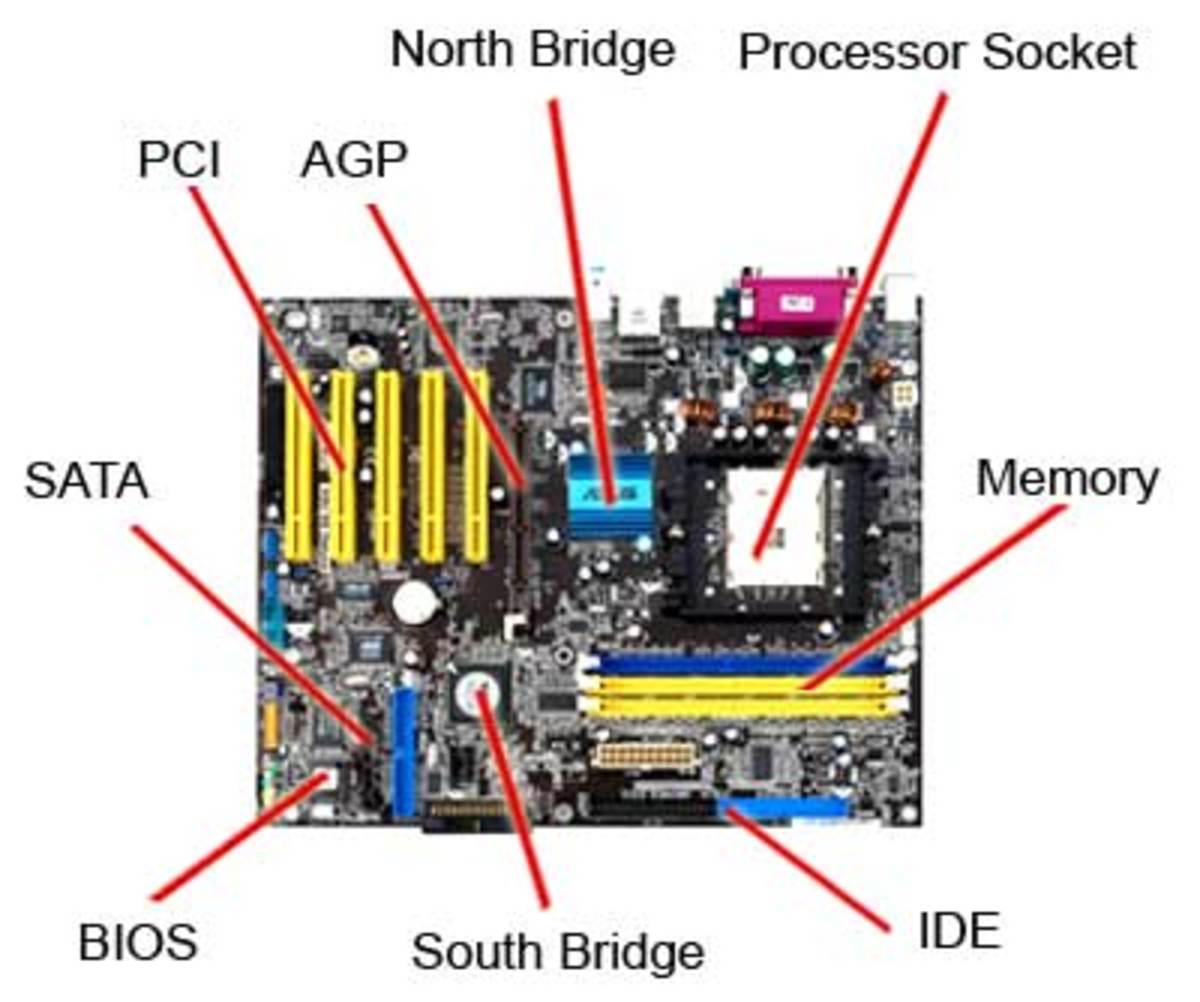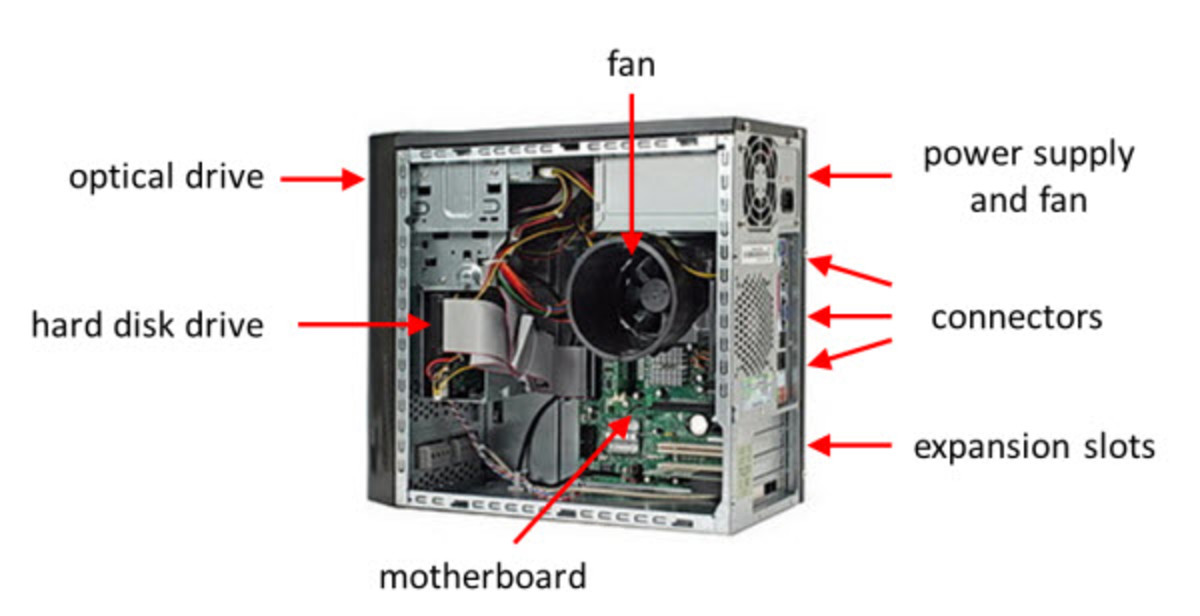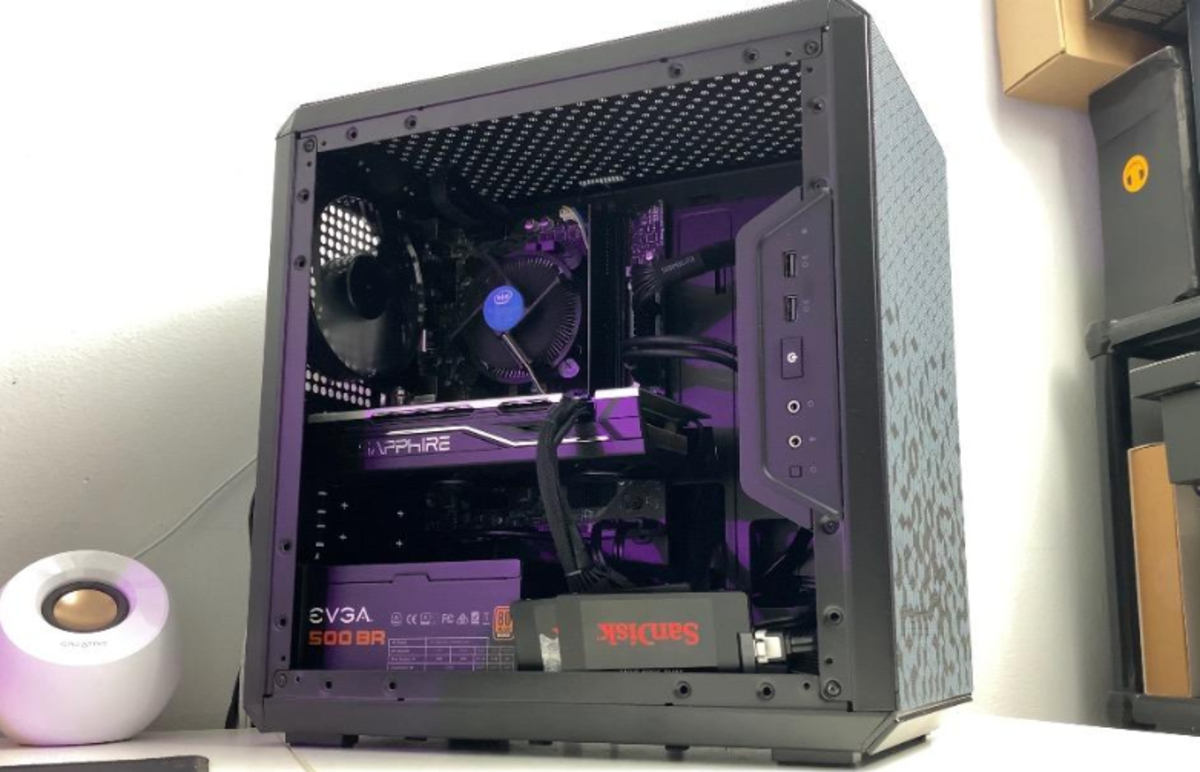Death of the Caps Lock Key

Look down at your computer keyboard. See that key next to your left pinky finger? It’s the CAPS LOCK key. You may not be familiar with it. After all, this is a key that most of us don’t use anymore. Nevertheless, it’s there on every keyboard that we use. Take a good look at it, though, and memorize what it looks like because it may soon be a sight that you don’t see anymore.
That’s right, the CAPS LOCK key might soon be removed from computer keyboards. Change like this always takes some adjustment. There will be protests from people who still enjoy locking down their keys and easily writing in ALL CAPS. Most people, however, will barely even notice the loss of the CAPS LOCK key once it disappears.
Did you know that many people find it offensive if you write in ALL CAPS? It’s a controversial topic! Do you have an opinion on it?
So how do we know that the CAPS LOCK key is facing impending doom? There’s already one notebook that’s about to be released that doesn’t include the mostly useless key anymore. It’s the Google CR 48 notebook. If you take a look at photos of the keyboard for this new notebook, you’ll see that there’s a magnifying glass on the key where the CAPS LOCK button is usually located. One glass at this familiar icon and you can see that it’s a search button, allowing you to easily do a one click search for the items that you want more information on. These days people search for items far more frequently than the write in ALL CAPS so this change makes sense.
Reporting on the new keyboard (and the demise of the CAPS LOCK key), Slate reminds us of some important points that show us why the CAPS LOCK key is no longer relevant to our lives today.
o The CAPS LOCK key was created for typewriters, not for computers. It was designed to make it easy to elevate the typewriter carriage for lengthy ALL CAPS writing.
o On a typewriter, capital letters are the only way to make a strong point. There is no option to bold or italicize writing on a traditional old school computer. Writing in ALL CAPS was a way of drawing attention to portions of a piece of writing in a way that we no longer need to do since we have these other font options.
o Computer keyboards were made to look as similar to typewriter keyboards as possible. The reason for this was to encourage people to adopt this new technology, making it as familiar as possible so that people would be comfortable with it. The CAPS LOCK option was included primarily for this reason and not because it was the most convenient text option on the computer keyboard. It’s simply stuck around because that’s the way it’s always been done.
o Early computer programming languages were written in ALL CAPS. In other words, back then there was a reason to write in all capital letters on a computer for a lengthy period of time. That reason simply no longer exists.
o There are now shortcut functions available that make it possible to turn sections of text into ALL CAPS if you do desire to do so. For example, you can highlight the section of text that you want to capitalize and then hit “shift + F3” and the entire section will be converted into ALL CAPS.
o The modes of communication that we frequently use on computers today commonly use no caps at all. On Twitter, Facebook and instant messaging programs the majority of us don’t bother using capitalize letters, instead favoring all-lowercase text.
Because of all of these reasons, we can see that there may be absolutely no reason anymore to have a one-click key on our computer keyboards for easily turning large portions of text into all capital letters. Will other keyboards also use the search function to replace this button or will we see other options cropping up? Only time will tell but it seems pretty clear at this point that keyboards with a CAPS LOCK key are soon enough going to be just a thing of the past.
Would you miss your CAPS LOCK key if it disappeared?









